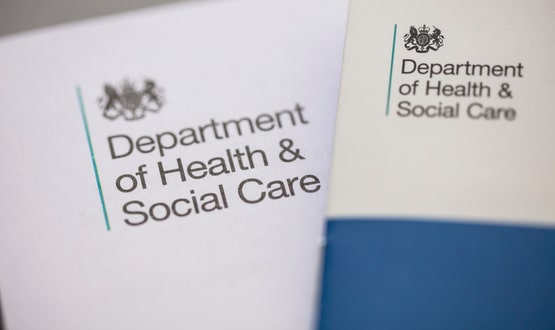BT contract reset worth additional £55m funding
- 22 January 2008
Health minister Ben Bradshaw has revealed that BT’s contract reset last summer was worth £55m additional funding, to reflect new requirements and additional functionality.
Responding to a query by shadow health secretary, Stephen O’Brien, over why the ‘reset’ was necessary and what the costs of this were, Bradshaw said that costs and resets were for ‘enhancements’ and not changes to terms and conditions.
EHI exclusively revealed BT’s desire to switch to the best-of-breed approach in April when the LSP confirmed they would deploy a different version of the Cerner Millennium software to that deployed in the South of England.
The contract reset was confirmed by BT to EHI last November.
In a written answer to the Commons, Bradshaw said: “In the course of the reset of the BT contract for London, new requirements and additional services were identified by the NHS, for which a separate business case and funding of £55 million—£41.8 million capital and £13.2 million revenue—over the lifetime of the contract was subsequently approved.”
The health minister added: “This does not represent an increase in the original cost of the contract for the original specification, but reflects new requirements for additional functionality.”
BT was unable to confirm the extra funding set out by the minister, but told EHI: “As you know, BT completed the London contract reset with Connecting for Health in summer 2007. It’s normal practice when managing contracts of this scale to review requirements with the customer on a regular basis. This helps to ensure that we meet their needs as priorities and requirements can shift over time.”
In explaining the need for contract resets, Bradshaw stressed that suppliers could not change the contractual arrangements they agreed to in 2005.
“There has been no renegotiation of primary supplier contracts let by national health service Connecting for Health under the national programme for information technology, and no changes to their terms and conditions. There have, however, been ‘resets’ of the contracts.
“Reset is a normal, repeatable, process, for contracts with a long lifetime to ensure that their ongoing delivery reflects progress to date, current priorities, and deployment plans for the future, and that they continue to support the evolving needs of the NHS. However, reset allows for the option of agreeing enhancements to existing services or functionality that does not effect a change in contract scope or risk allocation,” he wrote.
Fujitsu and CSC said their contract resets were still ‘ongoing’ along with ‘commercial negotiations’.
A CfH spokesperson told EHI: “Until we have reached agreement with our suppliers, we are unable to comment further on contract reset negotiations that are still underway since these will not yet have the necessary approval through either the NHS or the supplier’s governance processes and could compromise sensitive commercial positions.”
Links
Joe Fernandez




